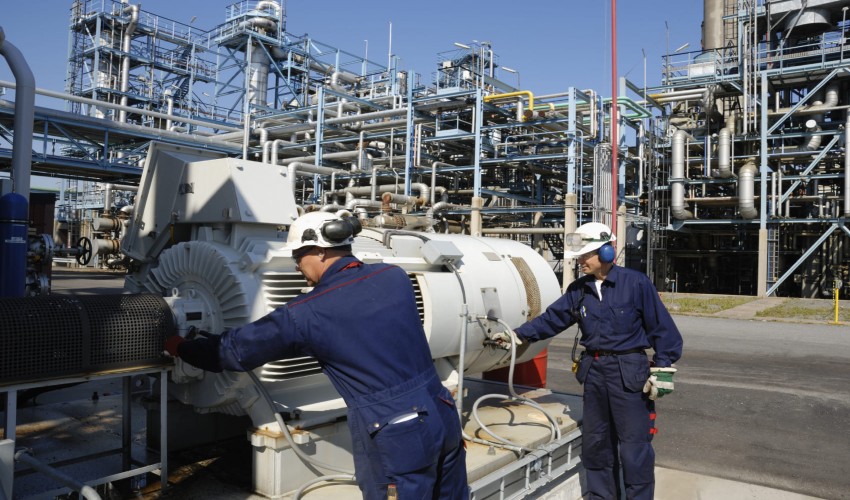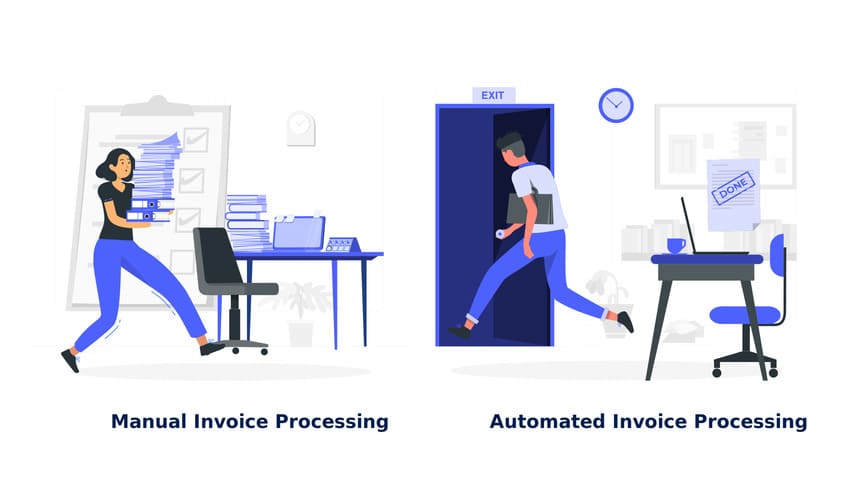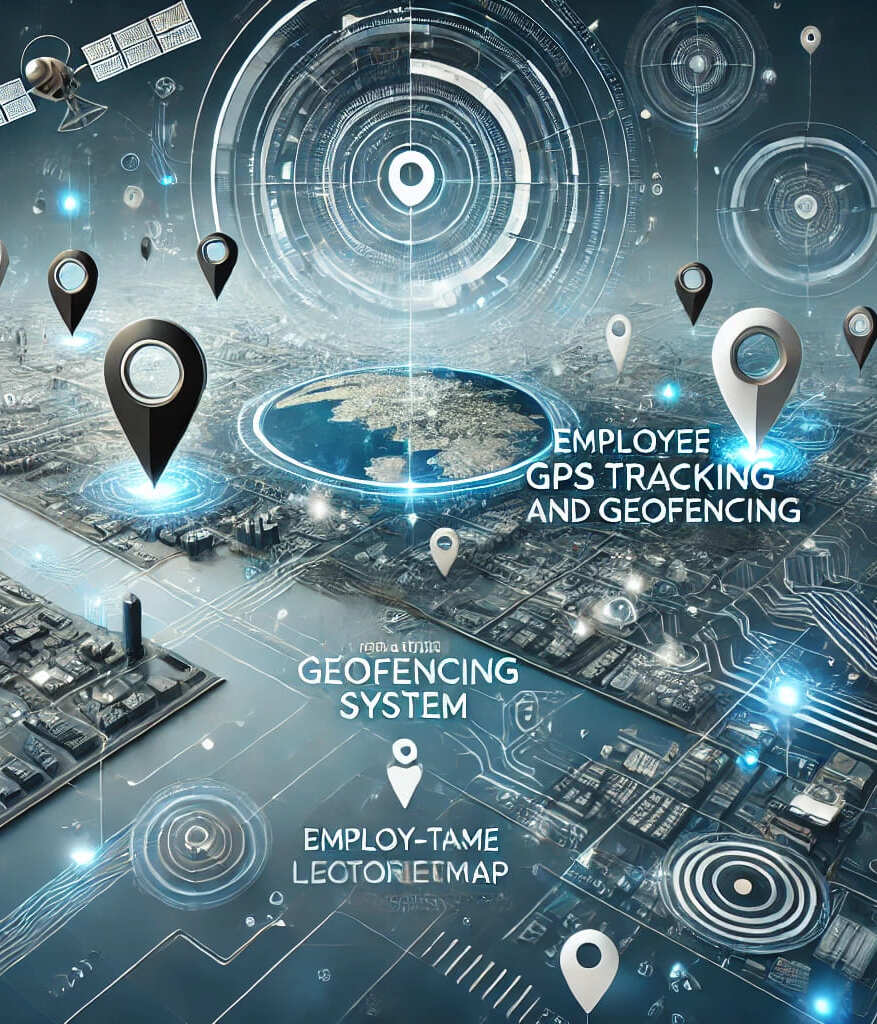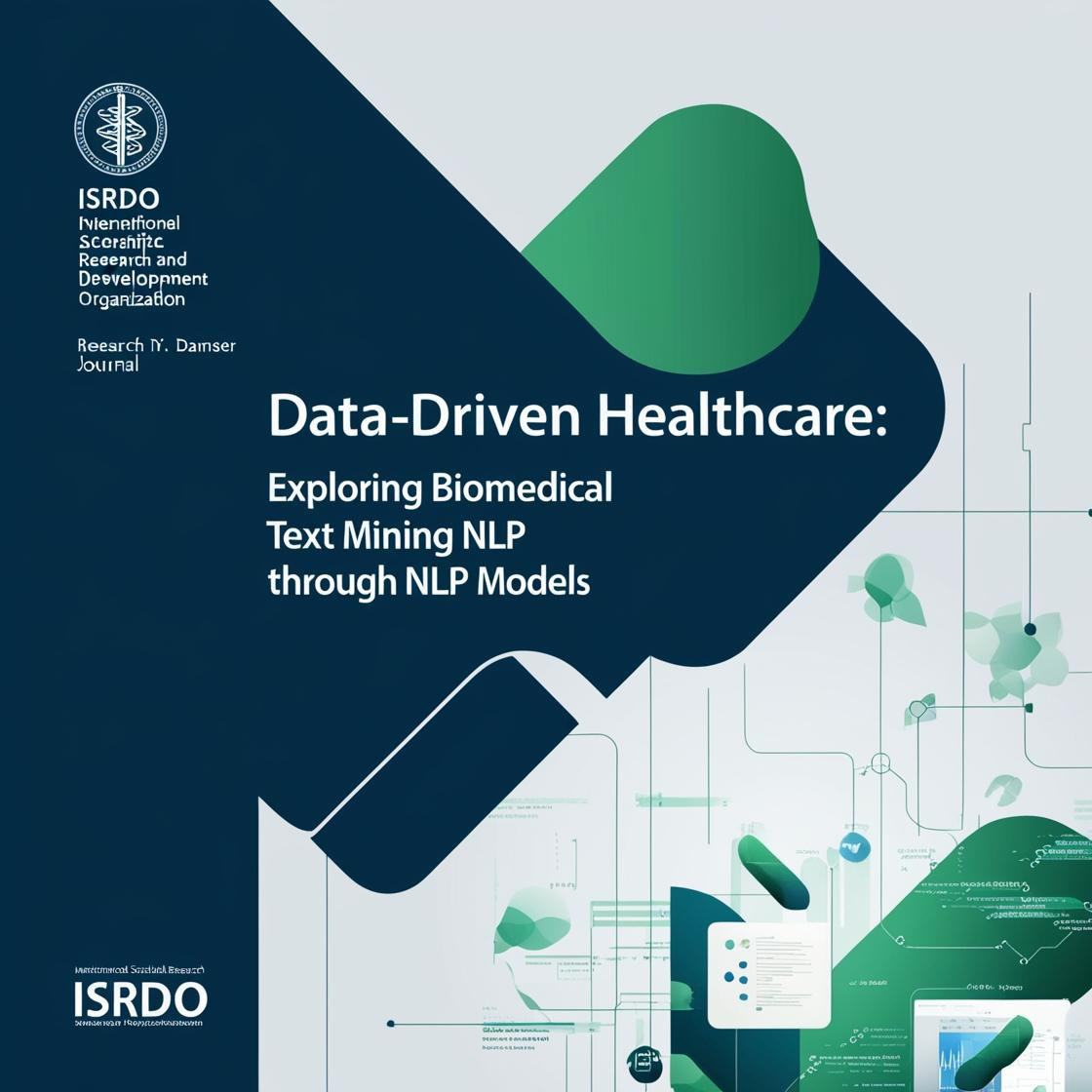
Instrumentation Engineering / Technology
Instrumentation and control engineering (ICE) is a branch of
engineering that studies the measurement and control of process variables, and
the design and implementation of systems that incorporate them. Process
variables include pressure, temperature, humidity, flow, pH, force and speed.
ICE combines two branches of engineering. Instrumentation
engineering is the science of the measurement and control of process variables
within a production or manufacturing area. Meanwhile, control engineering, also
called control systems engineering, is the engineering discipline that applies
control theory to design systems with desired behaviors.
Control engineers are responsible for the research, design,
and development of control devices and systems, typically in manufacturing
facilities and process plants. Control methods employ sensors to measure the
output variable of the device and provide feedback to the controller so that it
can make corrections toward desired performance. Automatic control manages a
device without the need of human inputs for correction, such as cruise control
for regulating a car's speed.
High demand for engineering professionals is found in fields
associated with process automation. Specializations include industrial instrumentation,
system dynamics, process control, and control systems. Additionally,
technological knowledge, particularly in computer systems, is essential to the
job of an instrumentation and control engineer; important technology-related
topics include human–computer interaction, programmable logic controllers, and
SCADA. The tasks center around designing, developing, maintaining and managing
control systems.
The goals of the work of an instrumentation and control engineer are to maximize:
- Productivity
- Optimization
- Stability
- Reliability
- Safety
- Continuity
- Numerical Analysis
- Industrial Instrumentation
- Process Dynamic and Control
- Control System
- Entrepreneurship Development
- Electrical Machines
- Digital Electronics
- Microprocessor Applications
- Digital Signal Processing
- Numerical Analysis
- Medical Instrumentation
- Analytical Instrumentation
- Data Acquisition and Telemetry
- Advanced Instrumentation
- Power Electronics
- Advanced Process Control
- Microcontrollers
- Robotics Engineering
- Environmental Control Engineering
- Electromagnetic Theory
- Instrumentation System Design
- Basics of Industrial Sociology
- Economics
- and Management
- Measurement Techniques & Theory of Errors
- Network Analysis
- Transducers and Applications
- Linear Integrated Circuits
- Digital Techniques
- Power Electronics
- Microprocessor
- Control System Components
- Computer Organization
- Microprocessor-Based Instrumentation
- Communication Engineering & Signals & Systems
- Linear Automatic Control System
- Communication Systems
- Fuzzy logic control
- Instrument & System Design
- Micro-controller & Embedded systems
- Biomedical Instrumentation
- Computer Graphics & CAD-CAM
- Advance Process Dynamics and Control
- Project Planning Estimation & Assessment
- Engineering Materials
- Industrial Process Control
Recent Published
Submit Manuscript
To give your manuscript the best chance of publication, follow these policies and formatting guidelines.


